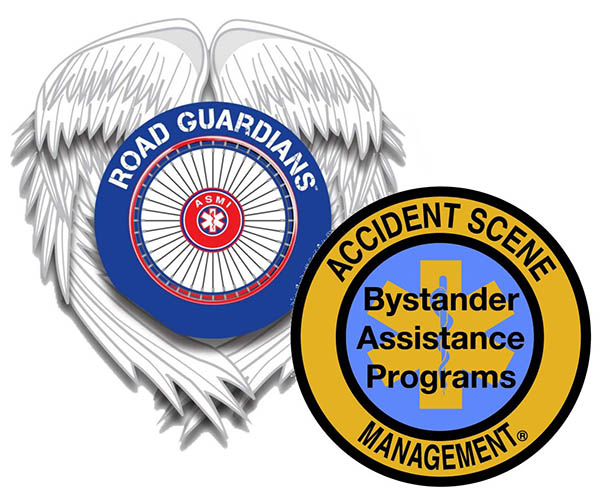Accident Scene Management / Road Guardians
Login |
(262) 706-3278
0
You have 0 items in your cart
768.13 Good Samaritan Act; immunity from civil liability.—
2.The immunity provided by this paragraph applies to damages as a result of any act or omission of providing medical care or treatment, including diagnosis:
2.The immunity provided by this paragraph does not apply to damages as a result of any act or omission of providing medical care or treatment unrelated to the original situation that demanded immediate medical attention.
3.For purposes of this paragraph, the Legislature’s intent is to encourage health care practitioners to provide necessary emergency care to all persons without fear of litigation as described in this paragraph.
(d)Any person whose acts or omissions are not otherwise covered by this section and who participates in emergency response activities under the direction of or in connection with a community emergency response team, local emergency management agencies, the Division of Emergency Management, or the Federal Emergency Management Agency is not liable for any civil damages as a result of care, treatment, or services provided gratuitously in such capacity and resulting from any act or failure to act in such capacity in providing or arranging further care, treatment, or services, if such person acts as a reasonably prudent person would have acted under the same or similar circumstances.
(3)Any person, including those licensed to practice veterinary medicine, who gratuitously and in good faith renders emergency care or treatment to an injured animal at the scene of an emergency on or adjacent to a roadway shall not be held liable for any civil damages as a result of such care or treatment or as a result of any act or failure to act in providing or arranging further medical treatment where the person acts as an ordinary reasonably prudent person would have acted under the same or similar circumstances.
Automatic External Defibrillator:
Florida Statute 401.2915 (1997)
All persons who have access to or use an AED must obtain appropriate training, to include completion of a course in cardiopulmonary resuscitation or successful completion of a basic first aid course that includes CPR training, and demonstrated proficiency in the use of an AED.
Any person or entity in possession of an AED is encouraged to register with the local emergency medical services medical director the existence and location of the AED.
Any person who uses an AED is required to activate the emergency medical services system as soon as possible upon use of the AED.
House Bill 93 (2006)
It is a first-degree misdemeanor for a person to commit certain acts involving the misuse of an AED such as tampering with an inoperative AED or obliterating the serial number on an AED for the purpose of falsifying records.
Local governments have local authorization to adopt ordinances to license, permit, and inspect AEDs.
Any person or entity who, in good faith and without compensation, uses an AED to provide emergency care or treatment shall be immune from civil liability for any personal injury resulting from the care or treatment, or resulting from any act or failure to act in providing or arranging further medical treatment, if the person acts as an ordinary, reasonably prudent person would have acted under the same or similar circumstances.
